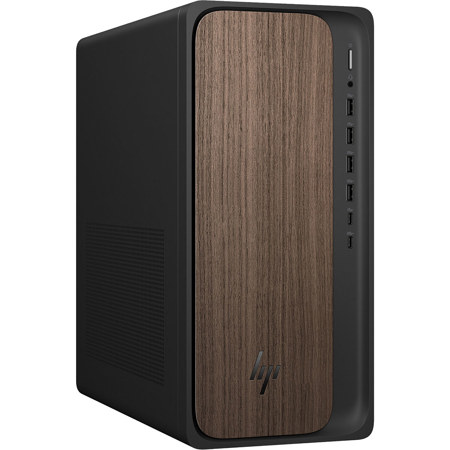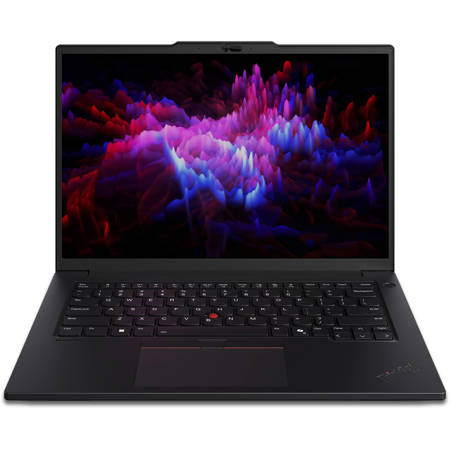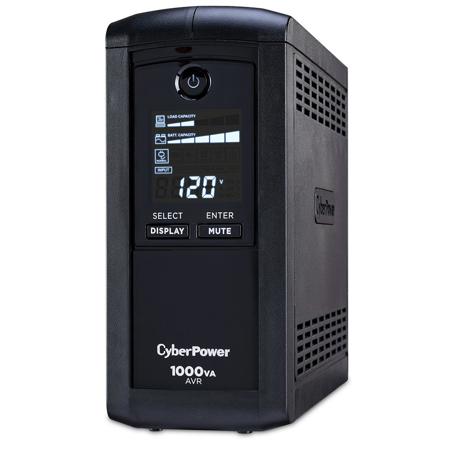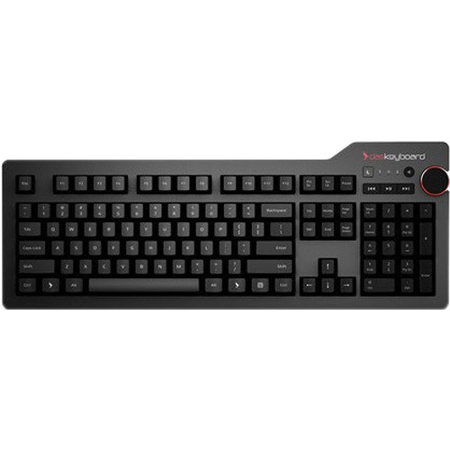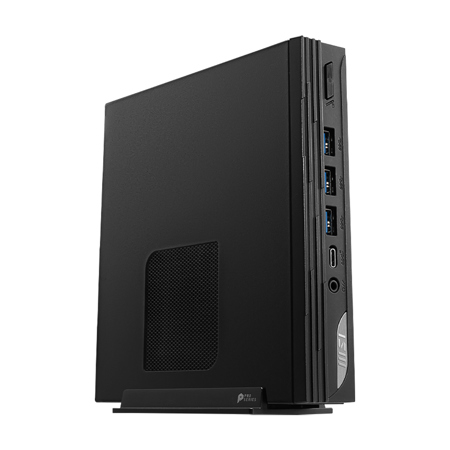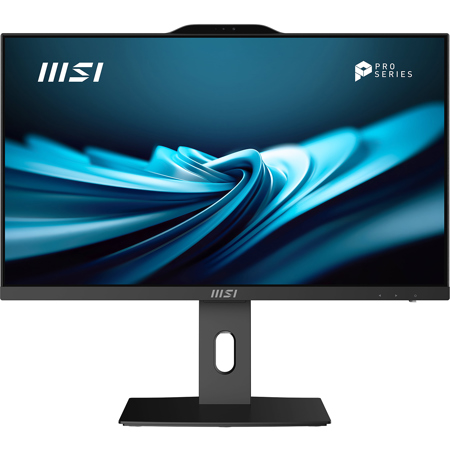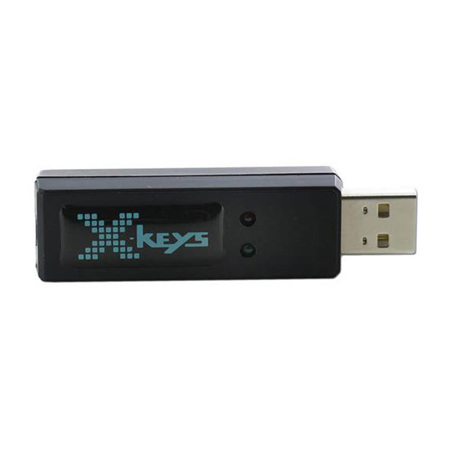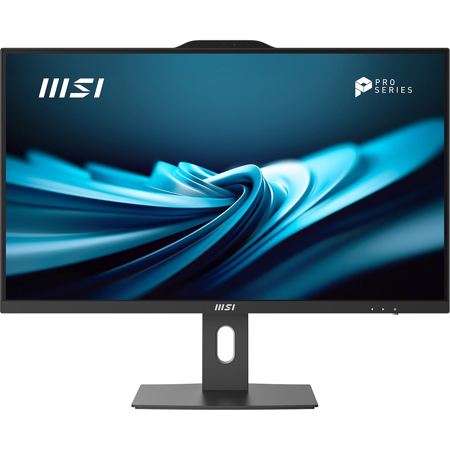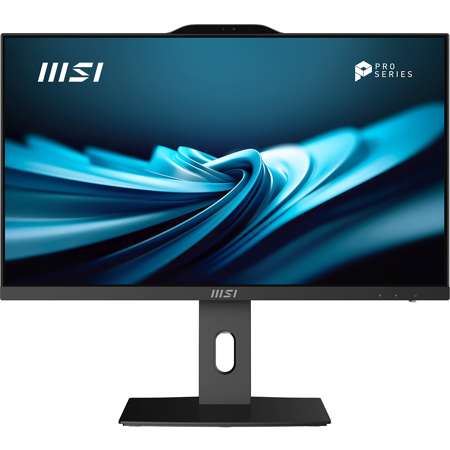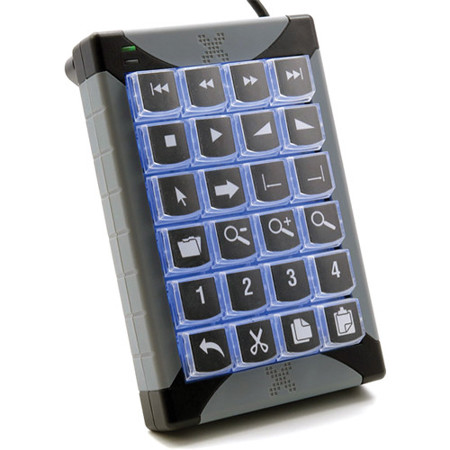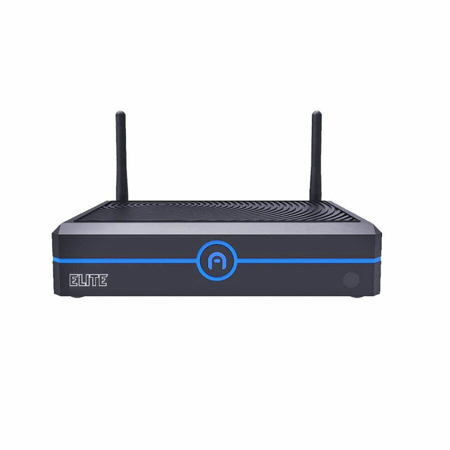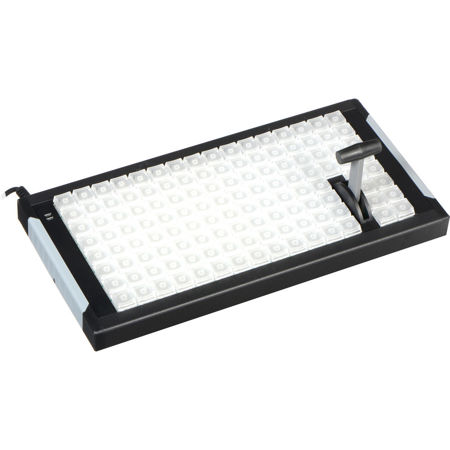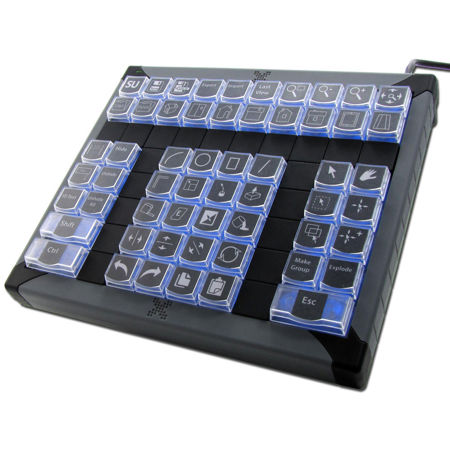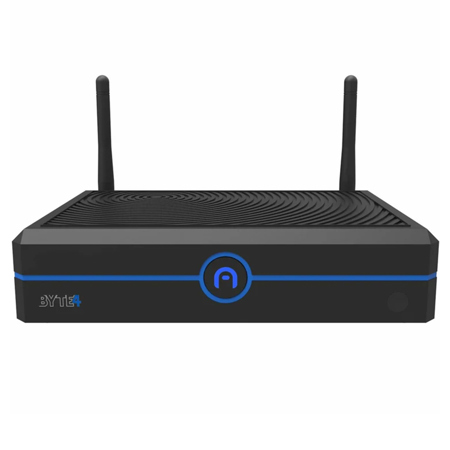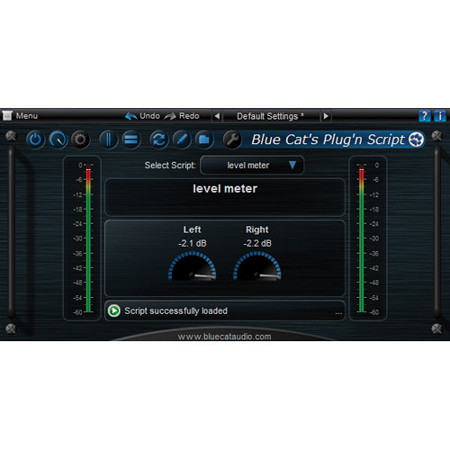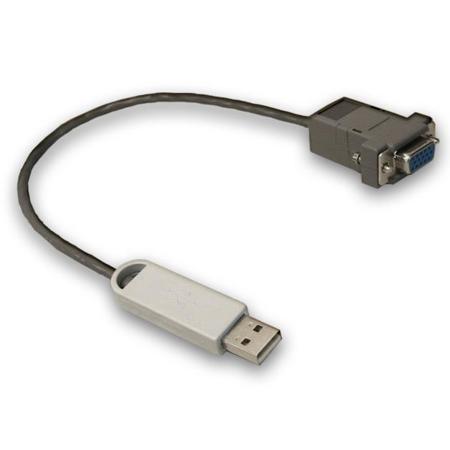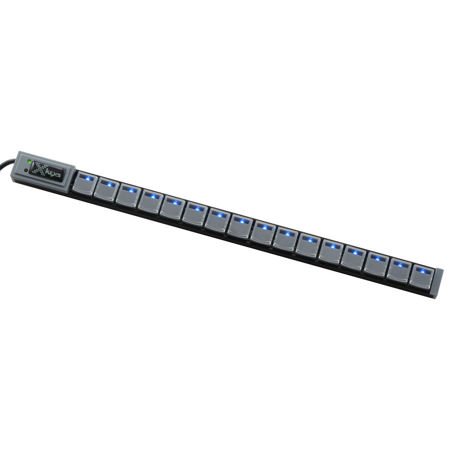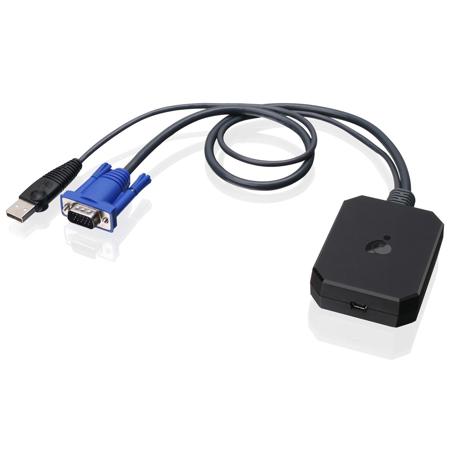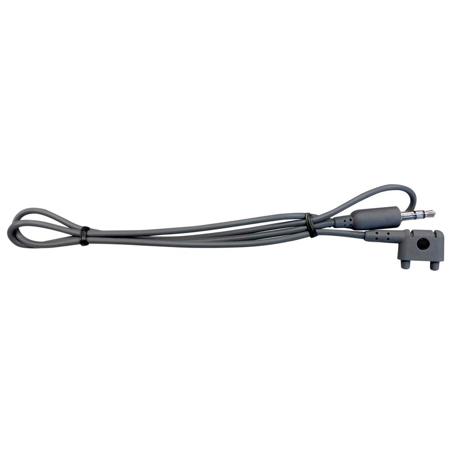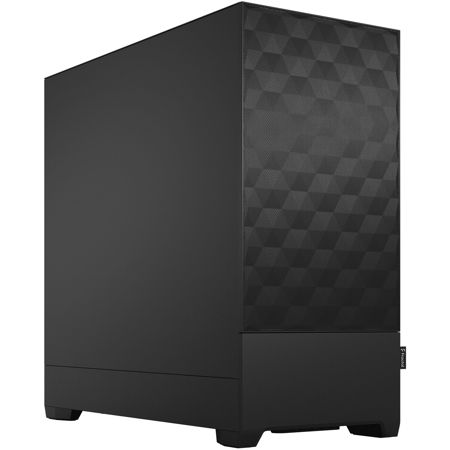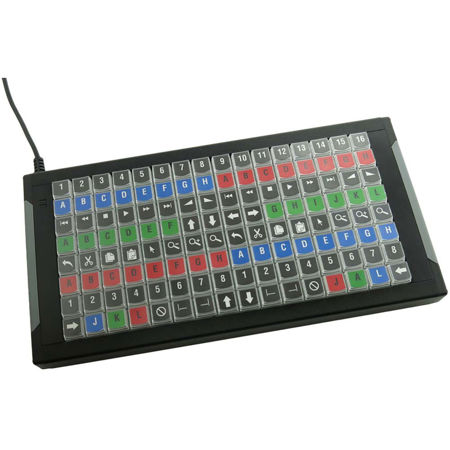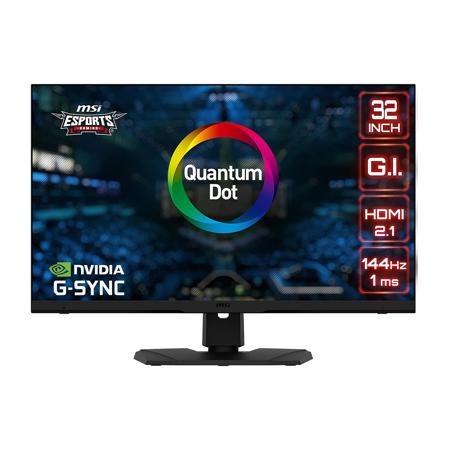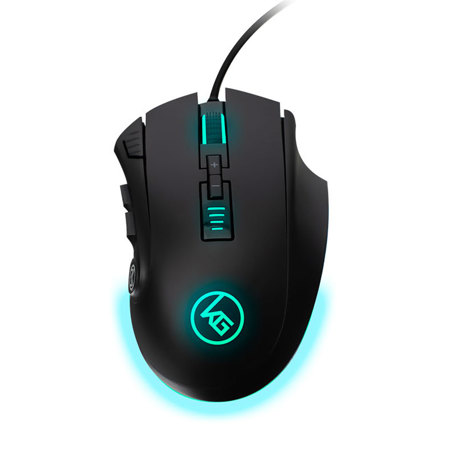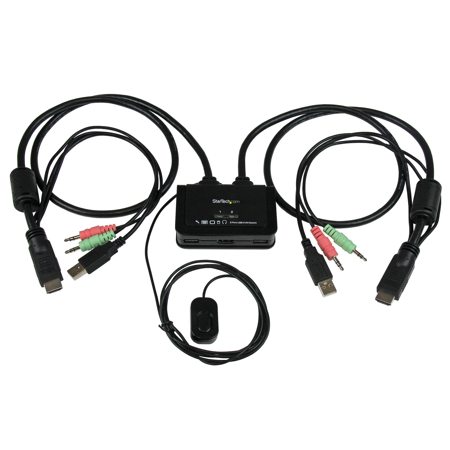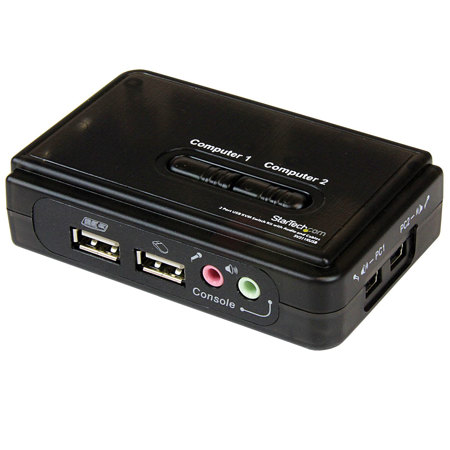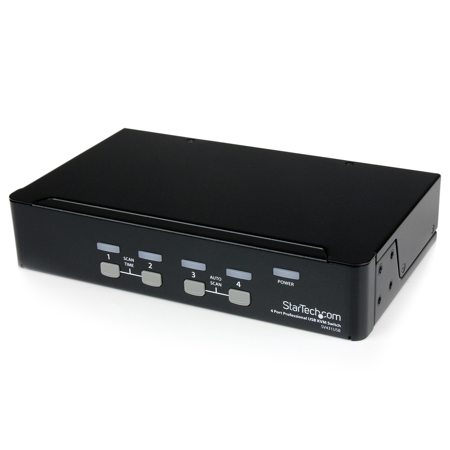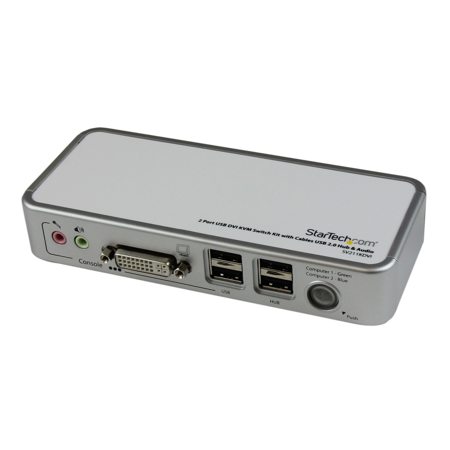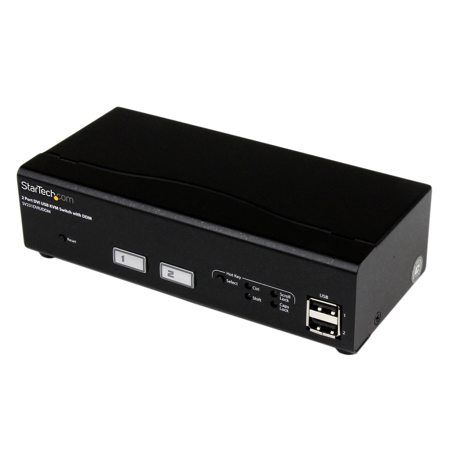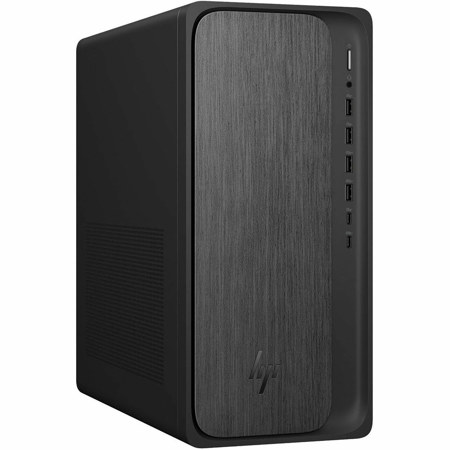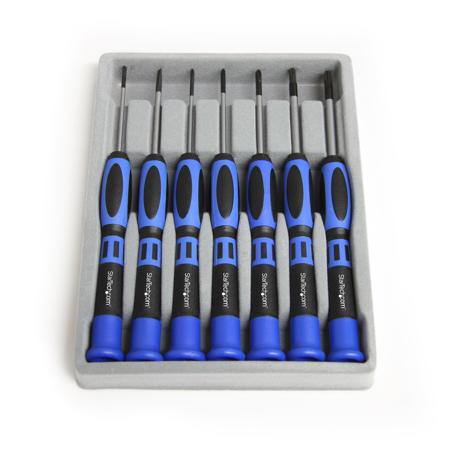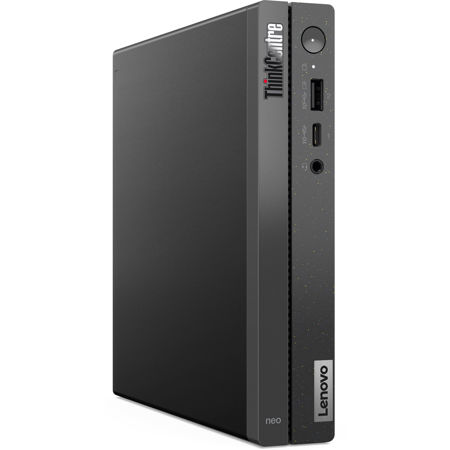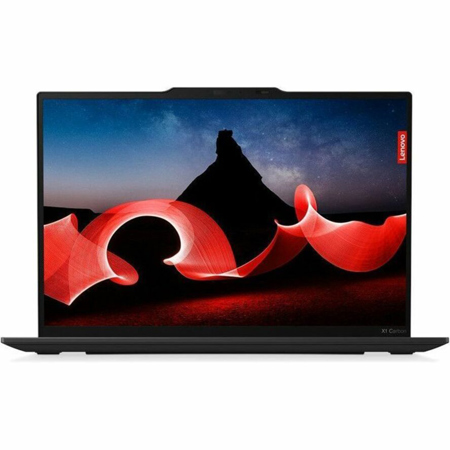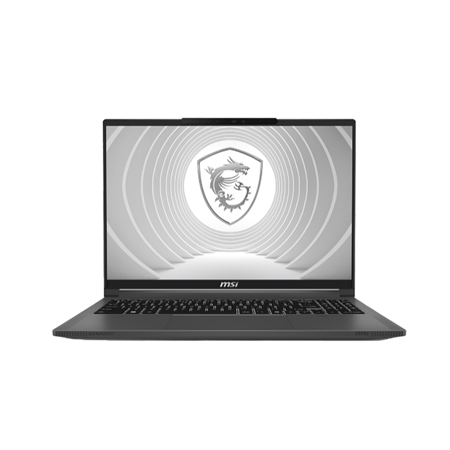Programming Computer
Whether you’re just beginning to program computers or you’re a seasoned developer working on complex projects, selecting the right programming computer is a foundational step in your coding journey. The demands of modern programming span a wide range of disciplines, from building web applications and mobile apps to designing intricate games, developing artificial intelligence, or automating business processes. A programming computer is more than just a workstation—it’s a creative hub where ideas are translated into reality through code. As winter settles in and the days grow shorter, many find this season an ideal time to dive into new projects or hone their skills, making it the perfect moment to invest in a machine that matches your ambition and workflow. Whether you’re a student learning your first programming language, a professional engineer optimizing algorithms, or a hobbyist tinkering with robotics, the right computer can make all the difference in productivity, learning, and enjoyment.
When considering a programming computer, it’s important to think about the specific types of development work you’ll be doing and the environments you’ll be working in. Developers working with data science or machine learning may require powerful processors and ample memory to handle large datasets and complex computations, while web developers might prioritize a system with fast storage and a high-resolution display for multitasking and testing responsive designs. Those who program computers for mobile app development or game design may benefit from robust graphics capabilities and compatibility with various operating systems and development tools. Reliability and expandability are key, especially for professionals who anticipate evolving needs or students who want a machine that will support their growth over several years. Portability can also be a consideration—some prefer the flexibility of a lightweight laptop for coding on the go, while others opt for the raw power and upgradability of a desktop workstation. No matter your focus, features like comfortable keyboards, multiple connectivity options, and long battery life can enhance your experience, especially during marathon coding sessions or late-night debugging sprints.
Programming computers also make thoughtful gifts for aspiring coders, engineering students, or anyone passionate about technology. Gifting a computer that’s tailored for programming can open doors to creativity, problem-solving, and career opportunities, whether it’s for a young learner exploring their first lines of code or a professional refining advanced skills. The process of writing, testing, and maintaining code is as much about exploration and experimentation as it is about structure and logic, and the right hardware can empower users to build websites, develop software, automate tasks, and bring innovative ideas to life. If you’re searching for a system specifically designed for engineering applications or demanding technical work, you’ll find more tailored recommendations on our Computers For Engineers page. Whatever your goals, investing in a computer built for programming ensures you have a reliable partner for every step of your coding journey, from the first draft of an algorithm to the final deployment of your application.
When considering a programming computer, it’s important to think about the specific types of development work you’ll be doing and the environments you’ll be working in. Developers working with data science or machine learning may require powerful processors and ample memory to handle large datasets and complex computations, while web developers might prioritize a system with fast storage and a high-resolution display for multitasking and testing responsive designs. Those who program computers for mobile app development or game design may benefit from robust graphics capabilities and compatibility with various operating systems and development tools. Reliability and expandability are key, especially for professionals who anticipate evolving needs or students who want a machine that will support their growth over several years. Portability can also be a consideration—some prefer the flexibility of a lightweight laptop for coding on the go, while others opt for the raw power and upgradability of a desktop workstation. No matter your focus, features like comfortable keyboards, multiple connectivity options, and long battery life can enhance your experience, especially during marathon coding sessions or late-night debugging sprints.
Programming computers also make thoughtful gifts for aspiring coders, engineering students, or anyone passionate about technology. Gifting a computer that’s tailored for programming can open doors to creativity, problem-solving, and career opportunities, whether it’s for a young learner exploring their first lines of code or a professional refining advanced skills. The process of writing, testing, and maintaining code is as much about exploration and experimentation as it is about structure and logic, and the right hardware can empower users to build websites, develop software, automate tasks, and bring innovative ideas to life. If you’re searching for a system specifically designed for engineering applications or demanding technical work, you’ll find more tailored recommendations on our Computers For Engineers page. Whatever your goals, investing in a computer built for programming ensures you have a reliable partner for every step of your coding journey, from the first draft of an algorithm to the final deployment of your application.
